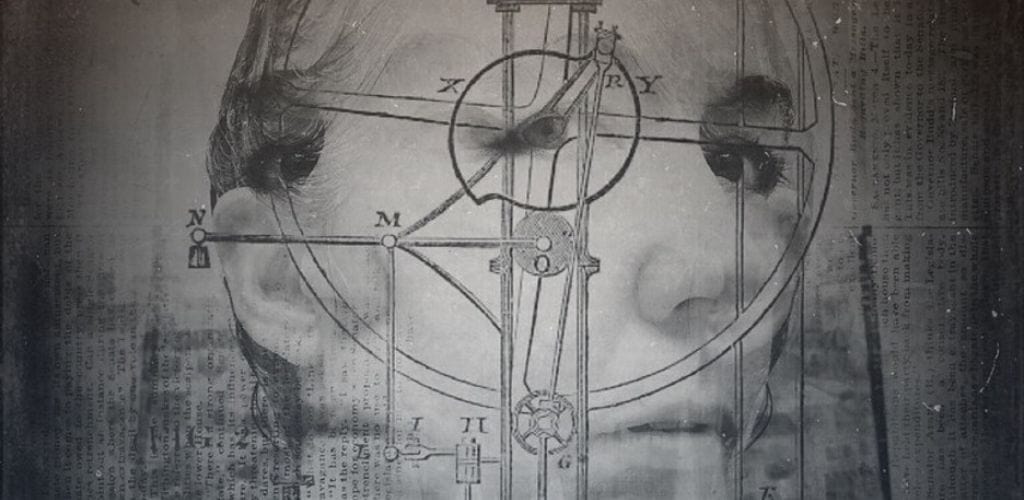A proposed bill in Congress aims to regulate the creation and use of digital replicas of human beings.
The draft bill is called The Nurture Originals, Foster Art, and Keep Entertainment Safe Act, (“NO FAKES Act”). It was sponsored by Senators Chris Coons (D-DE), Marsha Blackburn (R-TN), Amy Klobuchar (D-MN), and Thom Tillis (R-NC).
The bill is in response to concerns about the risk of AI creating images of real people (alive or dead) and portraying them doing and saying things they wouldn’t agree to, and/or failing to compensate them for unauthorized uses of their features.
As the Cornell Legal Information Institute explains,
The right of publicity prevents the unauthorized commercial use of an individual’s name, likeness, or other recognizable aspects of one’s persona. It gives an individual the exclusive right to license the use of their identity for commercial promotion. In the United States, the right of publicity is largely protected by state common or statutory law. Only about half the states have distinctly recognized a right of publicity.
The proposed Act would create the first federal right of publicity, so that people could sue to enforce their publicity rights in all 50 states.
As defined in the Act,
The term “digital replica” means a newly-created, computer-generated, electronic representation of the image, voice, or visual likeness of an individual that—
(A) is [nearly indistinguishable] from the actual image, voice, or visual likeness of that individual; and
(B) is fixed in a sound recording or audiovisual work in which that individual did not actually perform or appear.
People would have the right to authorize the use of their image, voice, or visual likeness in a digital replica. In the case of someone who is dead, this right could pass to their heirs, and this right would be considered a property right, like other forms of intellectual property (IP).
The right would survive for seventy years after the death of the individual portrayed. This is similar to US copyright law, which protects works of authorship for the life of the author plus 70 years.
When a copyright expires, the work or image is said to be in the public domain, free for anyone to use, copy, modify, etc. The NO FAKES Act would be similar.
Violations of NO FAKES Act rights could be fought via civil lawsuits for damages, just as copyright infringement can be.
Damages would be the greater of $5000 per violation or the damages actually suffered by the injured party. If the defendant acted with malice, fraud, or oppression, the court could also award the injured party punitive damages.
A violation of the Act would include:
(A) The production of a digital replica without consent of the applicable individual or rights holder.
(B) The publication, distribution, or transmission of, or otherwise making available to the public, an unauthorized digital replica, if the person engaging in that activity has knowledge that the digital replica was not authorized by the applicable individual or rights holder.
The Act provides for the following exceptions to liability:
It shall not be a violation of paragraph (1) if, regardless of the degree of [dramatization]—
(A) the applicable digital replica is used as part of a news, public affairs, or sports broadcast or report;
(B) the applicable digital replica— (i) is used part of a documentary, docudrama, or historical or biographical work; and (ii) uses a representation of the applicable individual as that individual;
(C) the applicable digital replica is used for purposes of comment, criticism, scholarship, satire, or parody;
(D) the applicable digital replica is used in an advertisement or commercial announcement for a purpose described in subparagraph (A), (B), or (C); or
(E) the use of the applicable digital replica is de minimis or incidental.
These are similar to the “fair use” exceptions under copyright law.
The Act was introduced on October 12. There are now likely to be months of hearings and testimony from interested parties, including professional actors, before the Act is finally put to a vote (if ever).
The use of AI images in movies and TV was one of the issues in the recent strike by the SAG-AFTRA union, which represents Hollywood actors.
Just like the haiku above, we like to keep our posts short and sweet. Hopefully, you found this bite-sized information helpful. If you would like more information, please do not hesitate to contact us here.


